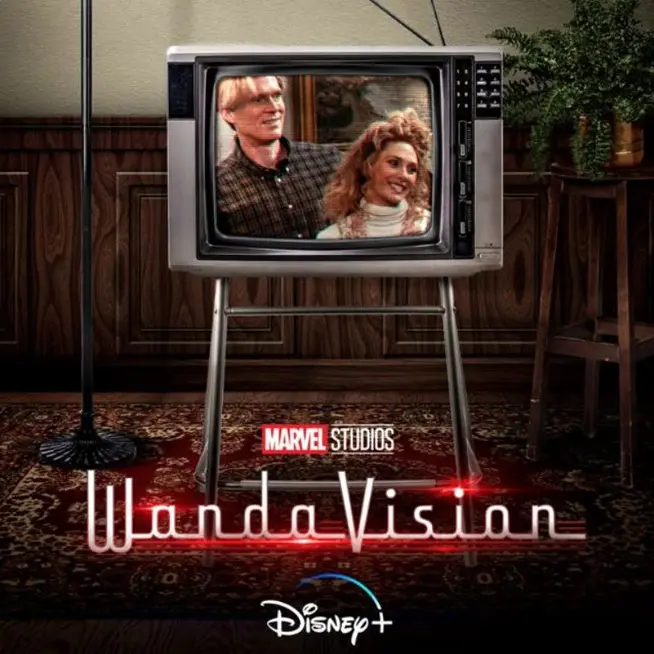WandaVision is a show about a villain who can't stop insisting that she is really the hero
-

The “death of the sitcom” has been a cliché for a couple decades, says Aaron Bady. "So why did MCU impresario, 'self-professed sitcom nerd' Kevin Feige, decide to build the MCU’s new show out of an extended tribute to Nick at Nite? To ask that question is to answer it. If WandaVision is a show about grief — and about pretending things were otherwise — the lost love object is not Wanda’s family but the sitcom itself, the site of American imperial consensus, and the fantasy of its perpetuity. Which is to say something almost too obvious to be worth saying: Wanda’s show-within-a-show allows Wanda to get back what she’s lost — using the sitcom as substitute for lost husband, family, and domestic bliss — but for Disney, the MCU, and their loyal viewers, it’s exactly the reverse. Wanda and Vision are a ruse to get back 'the sitcom' itself." Bady adds that it is "quite strange that we would look back to the shell-shocked 1950s — after decades of increasingly pitched battles over the New Deal, women’s rights, and racial violence — and name it, from the safety of the 21st century, a more 'innocent' time. It really, really wasn’t. Their 'news' was the upcoming nuclear war, the revelations of Auschwitz, and the politics of Massive Resistance to racial integration. Women in the workplace were being violently stuffed back in the home, and the society-wide oppression of queer people was the kind of secret known to everyone. If you think “inner city violence” was a terror of the 90s, which decade do you think pioneered 'white flight'? This might be why 'the fifties' needed sitcoms: knowing all that they knew about the war that America was, and had been, how else could its innocence be maintained? If my president had killed a quarter million people in Hiroshima and Nagasaki — creating a world where that could plausibly happen to my family next — then it makes sense that fantasies about the nuclear family might be extremely comforting. And this might also be why we’d prefer to imagine that the 1950s really were Pleasantville: instead of villains, they were just heroes who still had more to learn. My point is that the desire in WandaVision is not for 'the innocence of the time,' but a desire to pretend that that time was innocent. And so, it’s not Wanda’s denial we want. It’s ours, and there’s absolutely nothing innocent about it. If 'the fifties' made America the hero, the center of the universe, incapable of being anything but good, it’s in large part because America was the villain. You can probably see where I’m going with this. WandaVision is a show about a villain — a super-powered slave master who tortures thousands of people to preserve a way of life she’s never had, but which the universe nevertheless owes her — that can’t stop insisting that she is really the hero, that she doesn’t really understand what she’s done. Her innocence — meaning both her lack of guilt and her lack of knowledge of the crime — is so deeply buried in the premise that no matter how implausible it obviously is, we can’t quite root it out. She is, and must be, a heroine. She is good. She is an Avenger." ALSO: With WandaVision, the MCU has already been kinder to Scarlet Witch than decades of comics.
TOPICS: WandaVision, Disney+, Marvel
More WandaVision on Primetimer:
